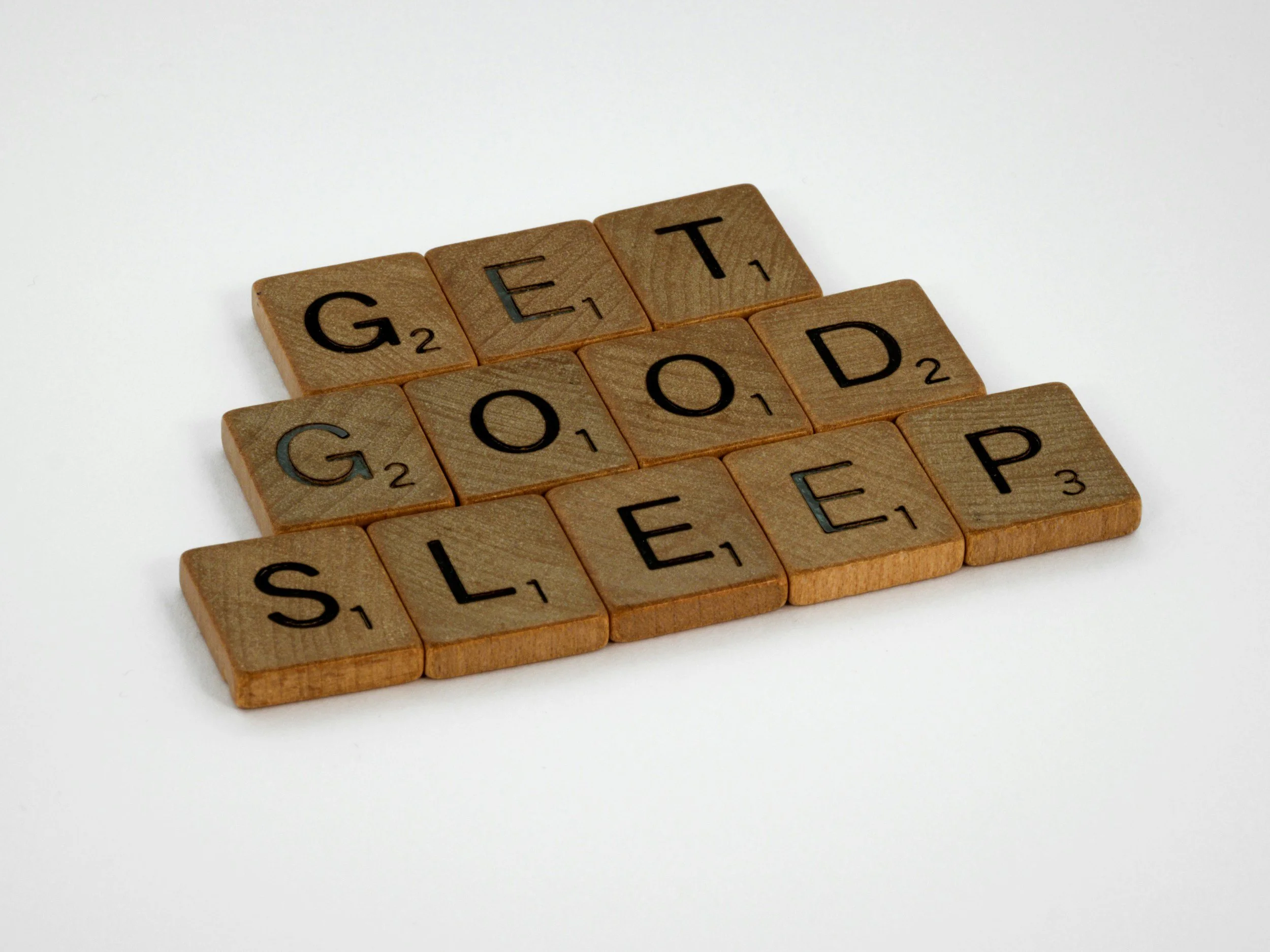
Learn basics about sleep science
-
Basics of Sleep
Sleep is a natural, reversible state of reduced consciousness that is characterized by a significant reduction in activity and responsiveness. It’s a vital biological function that allows the body and brain to rest, repair and re-generate. Sleep is essential for overall health.
-
Sleep & Mental Health
Sleep and mental health are deeply interconnected; poor sleep can negatively impact mental well-being, while mental health conditions can disrupt sleep.
-
Sleep Disorders & Health Conditions
Sleep disorder can be associated with various of medical and mental health conditions, and if left untreated, they can negatively impact overall health, safety, and quality of life
-
Sleep by age
Sleep needs and patterns change across different stages of life. As people age, the amount and quality of sleep they require can vary significantly.
-
Bad Habits & Lifestyle
Bad sleep habits and lifestyle refer to behaviors and routines that negatively affect sleep quality and consistency. These patterns can lead to difficulty falling asleep, staying asleep, or feeling rested. They are often linked to daily choices and routines that disrupt the body’s natural sleep cycle.
-
Good Sleep Habits
Consistent and healthy behaviors that support restful and quality sleep. These habits help regulate the body’s internal clock and promote physical and mental well-being. Practicing good sleep habits can improve overall sleep patterns and daytime functioning.
-
Sleep Environment
It all begins with an idea. Maybe you want to launch a business. Maybe you want to turn a hobby into something more. Or maybe you have a creative project to share with the world. Whatever it is, the way you tell your story online can make all the difference.
-
Tech & Sleep Aids
Tech and sleep aids refer to tools and methods designed to support and enhance sleep quality. They are used to monitor sleep patterns, promote relaxation, and assist with achieving more consistent and restful sleep.
-
Social Pressure & Sleep Deprivation
Impact of societal expectations and social demands on an individual’s ability to get adequate sleep. These pressures can lead to reduced sleep time, disrupted sleep patterns, and long-term negative effects on health and well-being.
-
Policy & Sleep
Policy and sleep refer to the role of laws, regulations, and organizational guidelines in shaping conditions that affect sleep health. These policies can influence work hours, school start times, public health initiatives, and access to sleep education, aiming to support better sleep outcomes across populations.
-
Cultural Perspective
different societies and communities view, prioritize, and practice sleep. Cultural beliefs, traditions, and social norms influence sleep habits, acceptable sleep durations, and attitudes toward rest and napping. These perspectives shape how individuals approach sleep within their daily lives.
-
Sleep Economy
market and industry focused on products, services, and technologies related to improving sleep. It encompasses everything from sleep-related goods to wellness programs and research, reflecting the growing awareness and demand for solutions that enhance sleep quality and address sleep disorders.
How Your Phone Messes With Melatonin (and What You Can Do About It)
How do caffeine affects your sleep.
The science behind stages of sleep
Do you wonder why you often wake up around 2 to 3 pm at night?
How to improve you quality of sleep
It all begins with an idea. Maybe you want to launch a business. Maybe you want to turn a hobby into something more. Or maybe you have a creative project to share with the world. Whatever it is, the way you tell your story online can make all the difference.
How sleeps affects your immune system
Why Teenagers Are Wired to Stay Up Late (It’s Not Laziness)
Learn more about the effect of taking a nap and the mysterious sleep paralysis
What Your Brain Needs to Recharge
All Dreams serves a purpose
Effects of not getting enough sleep
Why sleep talks happen
Things you don’t know about when skipping sleep
How travel between time zone effect your sleep
Ever wake up with a wonderful idea?
Why is it important for you to understand your own chronotype
Basics of Sleep
Sleep is something we all need, but many of us don’t fully understand just how important it really is. It’s the body’s way of recharging—helping us fight off sickness, repair muscles, and stay energized throughout the day. When we don’t get enough rest, it shows: we feel groggy, struggle to focus, and our mood often takes a hit. Most adults do best with about seven to nine hours of sleep, though the exact amount can be different for everyone.
While we’re asleep, our brain actually goes through different stages, each with its own purpose. Light sleep helps us drift off, deep sleep restores our body, and REM sleep is where most of our dreaming happens—and it’s also key for processing emotions and memories. We cycle through these stages several times a night, and if that cycle gets interrupted too much, we might wake up feeling unrested even after a full night in bed.
The good news is that a few small habits can go a long way in improving sleep. Going to bed around the same time every night, cutting back on caffeine in the evening, and putting away phones or laptops before bed can all make a difference. Creating a calm, dark, and cozy space to sleep in also signals to your body that it’s time to wind down. By treating sleep as a priority instead of an afterthought, we give both our body and mind the chance to recharge the way they’re meant to.
Sleep & Mental Health
Sleep and mental health are closely linked, and science backs this up. For example, the American Psychological Association reports that adults who sleep fewer than 6 hours a night are far more likely to show symptoms of stress compared to those who get 8 or more hours. Lack of sleep doesn’t just cause tiredness—it affects the brain’s ability to regulate emotions, which is why even minor stressors can feel overwhelming after a rough night.
Research has also found strong ties between poor sleep and mental health conditions. The National Institute of Mental Health notes that people with insomnia are about 10 times more likely to develop depression and 17 times more likely to develop anxiety disorders. On the other hand, when people improve their sleep quality, symptoms of anxiety and depression often decrease. This shows how much of a two-way street the relationship between sleep and mental health really is.
The good news is that even small changes can help. Studies published in journals like Sleep Health show that simple habits—such as keeping a consistent bedtime, limiting blue light from screens at night, and creating a calming pre-sleep routine—can significantly improve both sleep and mood. By treating sleep as part of mental self-care, we not only wake up more energized but also give our minds the balance and resilience they need to handle daily life.
Sleep Disorder & Health Condition
Sleep disorders aren’t just about feeling tired—they can have a major impact on overall health. Conditions like insomnia, sleep apnea, and restless legs syndrome are among the most common. According to the Centers for Disease Control and Prevention (CDC), an estimated 1 in 3 adults in the U.S. doesn’t get enough sleep on a regular basis, and many of these cases are linked to untreated sleep disorders. When sleep is disrupted night after night, the body doesn’t get the deep rest it needs to repair and recover.
The health consequences can be serious. For example, the American Academy of Sleep Medicine notes that people with untreated obstructive sleep apnea are up to 2.5 times more likely to develop high blood pressure and have a higher risk of heart disease and stroke. Poor sleep is also linked to diabetes: research published in Diabetes Care found that people who regularly sleep less than 6 hours per night are at an increased risk of developing type 2 diabetes. Beyond physical health, chronic sleep problems can worsen mental health conditions like depression and anxiety, creating a cycle that’s hard to break.
The encouraging part is that many sleep disorders can be managed or treated. For instance, treatments like CPAP machines for sleep apnea, cognitive-behavioral therapy for insomnia (CBT-I), and better sleep hygiene practices have shown real improvements in both sleep quality and long-term health. Doctors often stress that treating sleep disorders is not just about feeling rested—it’s about protecting the heart, the brain, and the body as a whole. Prioritizing diagnosis and treatment can truly change the course of someone’s health.
Sleep by Age
How much sleep we need changes as we grow, and science has some clear guidelines on this. Newborns, for instance, spend most of their day asleep—about 14 to 17 hours, according to the National Sleep Foundation. As children grow, the number slowly decreases: school-age kids generally need around 9 to 12 hours, while teenagers need 8 to 10 hours each night. Unfortunately, surveys show that over 70% of high school students in the U.S. don’t get enough sleep, often due to early school start times, homework, and late-night screen use.
For adults, the sweet spot is usually 7 to 9 hours per night, though it can vary from person to person. The CDC reports that about 35% of adults in the U.S. regularly sleep less than 7 hours, which increases risks for conditions like obesity, heart disease, and depression. Sleep needs don’t stop changing as we age—older adults still require about 7 to 8 hours, but their sleep tends to be lighter and more fragmented, often due to health conditions or medications.
Understanding these age-related needs is key to supporting healthy sleep habits. For kids and teens, consistent routines and limiting late-night screen time can make a big difference. Adults may benefit from setting a regular bedtime and managing stress before bed, while older adults might need to address underlying health issues that affect their rest. By recognizing how sleep needs shift over a lifetime, families can better support each other in getting the rest that keeps both the body and mind strong.
Bad Habits & Lifestyle
Food, drink, and timing also matter more than many realize. Heavy meals late at night can cause indigestion that disrupts sleep, while alcohol—often thought of as a “nightcap”—actually fragments deep sleep and REM cycles, leaving you less rested. Caffeine is another common issue: a study in the Journal of Clinical Sleep Medicine found that consuming caffeine even six hours before bed significantly reduced total sleep time. Irregular sleep schedules make things worse, with research showing that people who vary their bedtimes by more than an hour are nearly twice as likely to report poor sleep quality compared to those with a consistent routine.
Even exercise, which is generally great for sleep, can backfire if timed poorly. While regular activity promotes deeper rest, vigorous workouts right before bed may raise heart rate and body temperature, making it harder to wind down. On the flip side, morning or afternoon exercise has been linked to falling asleep faster and enjoying longer stretches of restorative sleep.
The way we live during the day has a huge influence on how well we sleep at night. Simple habits like staying up late scrolling on a phone, drinking coffee in the afternoon, or working right before bed can all throw off the body’s natural sleep rhythm. Blue light from screens is a major culprit—research from Harvard Medical School shows that blue light exposure at night suppresses melatonin, the hormone that signals it’s time to sleep, and can shift the body’s internal clock by up to three hours. That’s why so many people find themselves lying awake long after they’ve shut their eyes.
The encouraging part is that small changes in lifestyle can add up quickly. Cutting off caffeine in the afternoon, limiting screen time before bed, and creating a calm nighttime routine—like reading, stretching, or listening to soft music—help signal to the body that it’s time to rest. Over time, breaking these habits not only improves how long you sleep but also how deeply you rest. Sleep isn’t just about the hours you spend in bed—it’s shaped by the choices you make all day long.
Good Sleep Habits
Building good sleep habits—often called “sleep hygiene”—is one of the most effective ways to improve rest and overall health. At its core, it’s about creating routines and environments that support your body’s natural sleep-wake cycle. One of the simplest but most powerful habits is consistency: going to bed and waking up at the same time every day, even on weekends. Research from the American Academy of Sleep Medicine shows that people with regular sleep schedules report better sleep quality and are less likely to feel fatigued during the day. This regularity helps set your body’s internal clock, making it easier to fall asleep and wake up naturally.
Another key habit is creating a sleep-friendly environment. A cool, dark, and quiet bedroom can make a huge difference. Studies suggest that the ideal temperature for sleep is around 65°F (18°C), as cooler environments help the body’s core temperature drop—a natural signal for sleep. Blackout curtains, white noise machines, or even simple earplugs can also help block out distractions. And while it’s tempting to keep your phone nearby, removing electronics from the bedroom limits late-night scrolling and reduces blue light exposure, which can delay melatonin production.
Daily choices also shape sleep quality. Regular physical activity, especially in the morning or afternoon, has been shown to improve deep sleep stages. Relaxation techniques like meditation, journaling, or gentle stretching before bed can help calm the mind and ease the transition into rest. The National Sleep Foundation recommends avoiding caffeine at least six hours before bedtime and heavy meals two to three hours before bed to prevent sleep disruption. Over time, these habits not only improve how quickly you fall asleep, but also how restorative your sleep feels—helping you wake up refreshed, clear-headed, and ready to tackle the day.
Sleep Environment
Your sleep environment plays a bigger role in your rest than many people realize. Even if you go to bed at the right time, the quality of your surroundings can make the difference between a restless night and a refreshing one. The National Sleep Foundation highlights that factors like room temperature, light, noise, and even the type of bedding you use directly influence how well you sleep. By shaping your environment intentionally, you can give your body the best chance at uninterrupted rest.
Noise is also a common but underestimated sleep disruptor. Even if you don’t fully wake up, background sounds like traffic or a TV in another room can pull you out of deeper stages of sleep. The World Health Organization suggests that night noise levels above 40 decibels can cause health problems over time, including stress and cardiovascular strain. Solutions like white noise machines, earplugs, or simply turning on a fan can help mask disruptive sounds and create a more stable sleep environment.
Finally, comfort matters. A supportive mattress and pillow can reduce tossing and turning, while clean, soft bedding contributes to a sense of relaxation. Research from the National Sleep Foundation indicates that people who make their beds regularly are 19% more likely to report good sleep quality. Even small details, like keeping clutter out of the bedroom or using calming scents like lavender, can help signal to the brain that it’s time to wind down. In short, a well-designed sleep environment doesn’t just make your bedroom more comfortable—it transforms it into a space that actively supports healthy, restorative rest.
One of the most important factors is temperature. Studies show that most people sleep best in a cool room—around 60–67°F (15–19°C). When your core body temperature naturally drops at night, a cooler environment supports this process and helps you fall asleep faster. On the other hand, overheating can cause frequent awakenings and lighter, less restorative sleep. That’s why breathable bedding and proper ventilation are just as important as the thermostat setting.
Light exposure is another powerful cue for the body’s internal clock. Bright light in the evening, especially from phones and laptops, can suppress melatonin production and delay sleep onset. Research from Harvard Medical School found that exposure to blue light before bed can shift circadian rhythms by up to 3 hours. To counter this, experts recommend dimming lights in the evening and using blackout curtains or a sleep mask to keep the bedroom dark at night. Morning sunlight, however, has the opposite effect—exposing yourself to natural light after waking helps reset your circadian rhythm for the day ahead.
Tech & Sleep Aids
Technology has a huge influence on our sleep, both positive and negative. On the downside, screens from phones, tablets, and computers emit blue light, which can suppress melatonin—the hormone that tells our body it’s time to sleep. Research from Harvard Medical School found that using electronic devices before bed can delay sleep onset by up to 90 minutes, making it harder to fall asleep and get enough rest. Even TV or ambient light in the bedroom can subtly disrupt sleep cycles, which is why experts often recommend keeping screens out of the bedroom or using features like night mode.
On the positive side, technology can also help improve sleep when used intentionally. Sleep trackers, smart mattresses, and apps that monitor bedtime routines can provide insights into sleep patterns and highlight areas for improvement. For instance, studies have shown that tracking sleep over time can increase awareness of poor habits and encourage healthier routines, ultimately leading to better rest. Guided meditation or relaxation apps have also been shown to reduce sleep latency—the time it takes to fall asleep—by calming the mind before bed.
In addition to technology, there are natural sleep aids that can support healthy rest. Supplements like melatonin have been studied for their ability to help regulate sleep-wake cycles, especially for people with jet lag or shift work schedules, though timing and dosage are important. Herbal remedies, such as chamomile or valerian root, may promote relaxation, though research is mixed on their effectiveness. Overall, combining thoughtful use of tech with healthy sleep aids and habits can help create a routine that supports both falling asleep faster and staying in restorative sleep longer.
Policy & Sleep
Sleep isn’t just a personal habit—it’s influenced by policies at work, school, and in society. Early school start times, long work hours, and shift schedules all affect how much sleep people get. The American Academy of Pediatrics reports that starting school later for teenagers—around 8:30 a.m. or later—can significantly improve both sleep duration and academic performance, because adolescents naturally have later sleep cycles. Similarly, workplaces that demand long hours or irregular shifts often leave employees chronically sleep-deprived, increasing risks for accidents, burnout, and health problems.
Public health policies also play a role in shaping sleep habits. Regulations around workplace safety, commute times, and shift work limits can indirectly improve sleep and overall health. For example, countries with strict labor laws limiting overtime hours tend to have populations that report better sleep quality. Research in occupational health shows that employees who work flexible schedules or have the ability to adjust start times report less fatigue and fewer sleep disturbances compared to those with rigid schedules.
Recognizing the role of policy in sleep highlights that rest isn’t just a personal responsibility—it’s a societal one. Schools, employers, and governments can all help create environments that support healthy sleep. Policies promoting later school start times, limits on work hours, and education about sleep hygiene can reduce sleep deprivation on a large scale. By addressing sleep at a systemic level, society can protect both public health and productivity, ensuring that people not only sleep more but sleep better.
Cultural perspective of Sleep
Sleep isn’t just a biological necessity—it’s deeply influenced by culture. Around the world, societies have developed unique ways of approaching rest, reflecting values, work patterns, and social norms. In many Mediterranean and Latin American countries, the siesta—a short nap in the early afternoon—is a common practice. Research suggests that these daytime naps can improve alertness, reduce stress, and even lower the risk of heart disease, showing how cultural norms can positively shape sleep habits.
In contrast, some cultures prioritize long work hours and productivity over rest. In Japan and South Korea, for example, a culture of overwork—known as “karoshi” in Japan—has been linked to chronic sleep deprivation. Studies indicate that a significant portion of adults in these countries sleep less than six hours per night. Social pressure to remain productive often outweighs the body’s natural need for rest, contributing to higher rates of fatigue, anxiety, and cardiovascular problems.
Sleeping arrangements also vary widely across cultures. In Western countries, it’s common for individuals, including children, to sleep alone in private bedrooms. In many Asian, African, and Latin American societies, co-sleeping—where parents and children share a bed or room—is the norm. Research shows that co-sleeping can strengthen family bonds and provide emotional security, although it may lead to more fragmented sleep for both parents and children.
Cultural rituals surrounding bedtime play a major role in how people sleep. In some cultures, evening rituals such as drinking herbal tea, meditation, or storytelling help signal the body that it’s time to rest. Other societies incorporate communal sleeping schedules or nighttime prayers as part of daily life. Historically, segmented sleep—sleeping in two shorter periods with a wakeful interval—was common in pre-industrial Europe, showing that even “normal” sleep patterns have changed over time.
Work and school schedules influenced by culture also shape sleep patterns. In countries with later school start times, like some parts of Spain and Italy, teenagers tend to get more rest than their peers in countries with early school hours. Research from the American Academy of Pediatrics shows that delaying school start times improves sleep duration, mood, and academic performance among adolescents, highlighting the interaction between cultural expectations and biological needs.
Cultural attitudes toward napping and daytime rest are also fascinating. In the United States, napping is often seen as a sign of laziness or weakness, while in countries like Greece, Mexico, and China, short naps are considered normal and even encouraged. Studies show that even brief naps—20 to 30 minutes—can boost cognitive function, memory retention, and mood, demonstrating that cultural acceptance of rest can influence overall health.
Technology and urbanization have begun to influence sleep habits worldwide, sometimes overriding traditional practices. In urban centers, artificial light, screens, and 24/7 access to work or entertainment can delay sleep and reduce its quality. Even cultures that traditionally embraced napping or early bedtimes are seeing shifts, as societal pressures and modern lifestyles compete with historical sleep patterns.
Cultural differences also affect perceptions of sleep disorders. In some societies, complaints about insomnia or fatigue may be minimized or stigmatized, while in others, seeking medical attention for sleep problems is common. This can impact the diagnosis and treatment of sleep disorders, as well as public awareness of the importance of rest. Awareness campaigns and culturally sensitive education about sleep are increasingly important for promoting healthy sleep globally.
Understanding global sleep practices can help individuals rethink their own habits. Observing how other cultures integrate naps, bedtime rituals, or communal sleep may offer ideas for improving sleep quality in one’s own life. For instance, adopting a short afternoon rest, creating a calming pre-sleep routine, or adjusting sleep schedules to match natural rhythms can all be inspired by cultural practices around the world.
Finally, cultural perspectives on sleep remind us that rest is not only a personal responsibility but also a social and environmental one. While modern life in many countries emphasizes constant productivity, looking at diverse traditions shows that prioritizing rest is essential for physical and mental health. By learning from different cultural approaches, individuals and societies can develop strategies that balance work, relationships, and restorative sleep, creating healthier and more sustainable lifestyles..
Sleep Economy
Sleep isn’t just a personal health issue—it’s also a major economic factor. Researchers and economists have found that insufficient sleep has significant costs for productivity, healthcare, and workplace safety. The Rand Corporation estimated that in the U.S. alone, sleep deprivation costs the economy around $411 billion annually due to lost productivity, accidents, and errors. People who regularly get less than the recommended 7–9 hours of sleep are more likely to make mistakes at work, miss deadlines, or experience slower reaction times, which has real consequences for businesses and the economy as a whole.
Healthcare costs are another major component of the sleep economy. Chronic sleep deprivation is linked to conditions such as obesity, diabetes, heart disease, and depression, all of which require medical attention and long-term care. The CDC reports that people with insufficient sleep are more likely to visit doctors and use medications, driving up healthcare spending. In this way, sleep deprivation doesn’t just affect individual health—it creates a ripple effect on insurance systems, hospitals, and public health budgets.
Sleep also influences workplace safety, which has direct economic implications. Studies show that fatigued employees are at higher risk for accidents, particularly in industries like transportation, manufacturing, and healthcare. The National Safety Council estimates that drowsy driving alone costs the U.S. economy over $109 billion per year due to crashes, injuries, and lost productivity. Companies are increasingly recognizing that investing in employee sleep wellness programs—such as flexible schedules, nap breaks, and education about sleep hygiene—can improve both safety and performance.
Finally, the “sleep economy” also includes industries that provide products and services aimed at improving sleep. Mattresses, pillows, sleep tracking devices, white noise machines, relaxation apps, and even sleep coaching have created a multi-billion-dollar market worldwide. According to a report by Grand View Research, the global sleep aids market was valued at over $90 billion in 2022 and is expected to keep growing. This shows that sleep is not just a personal health matter—it’s a valuable economic resource, and investing in better rest benefits individuals, companies, and society as a whole.


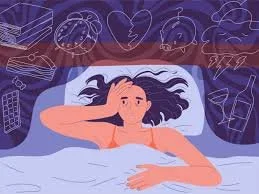
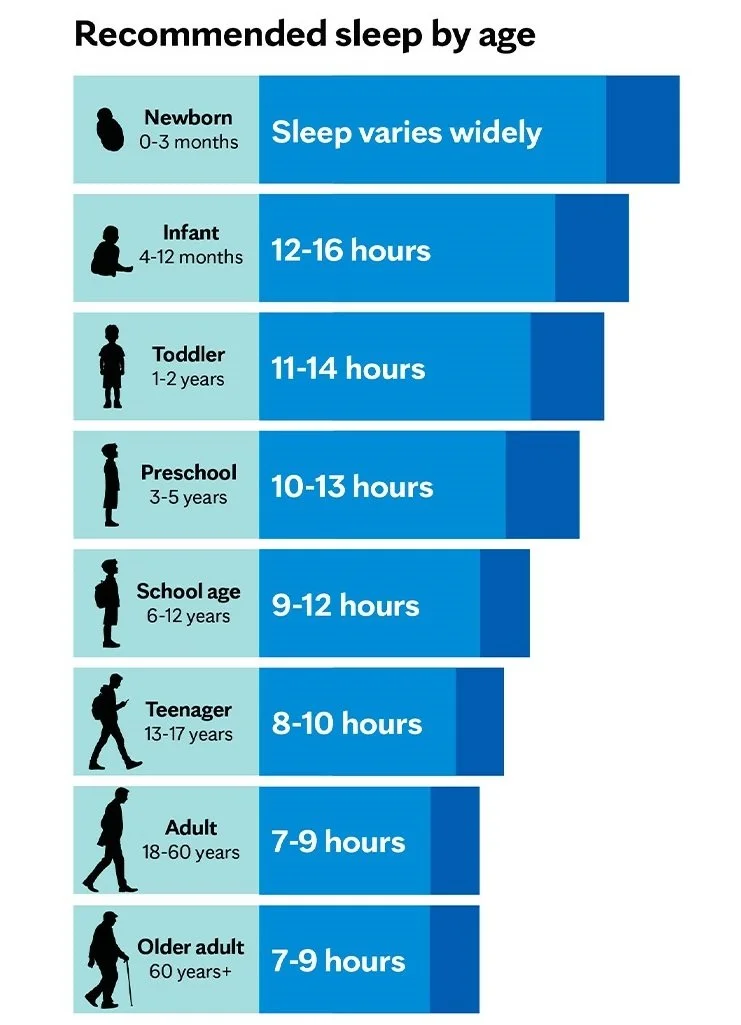

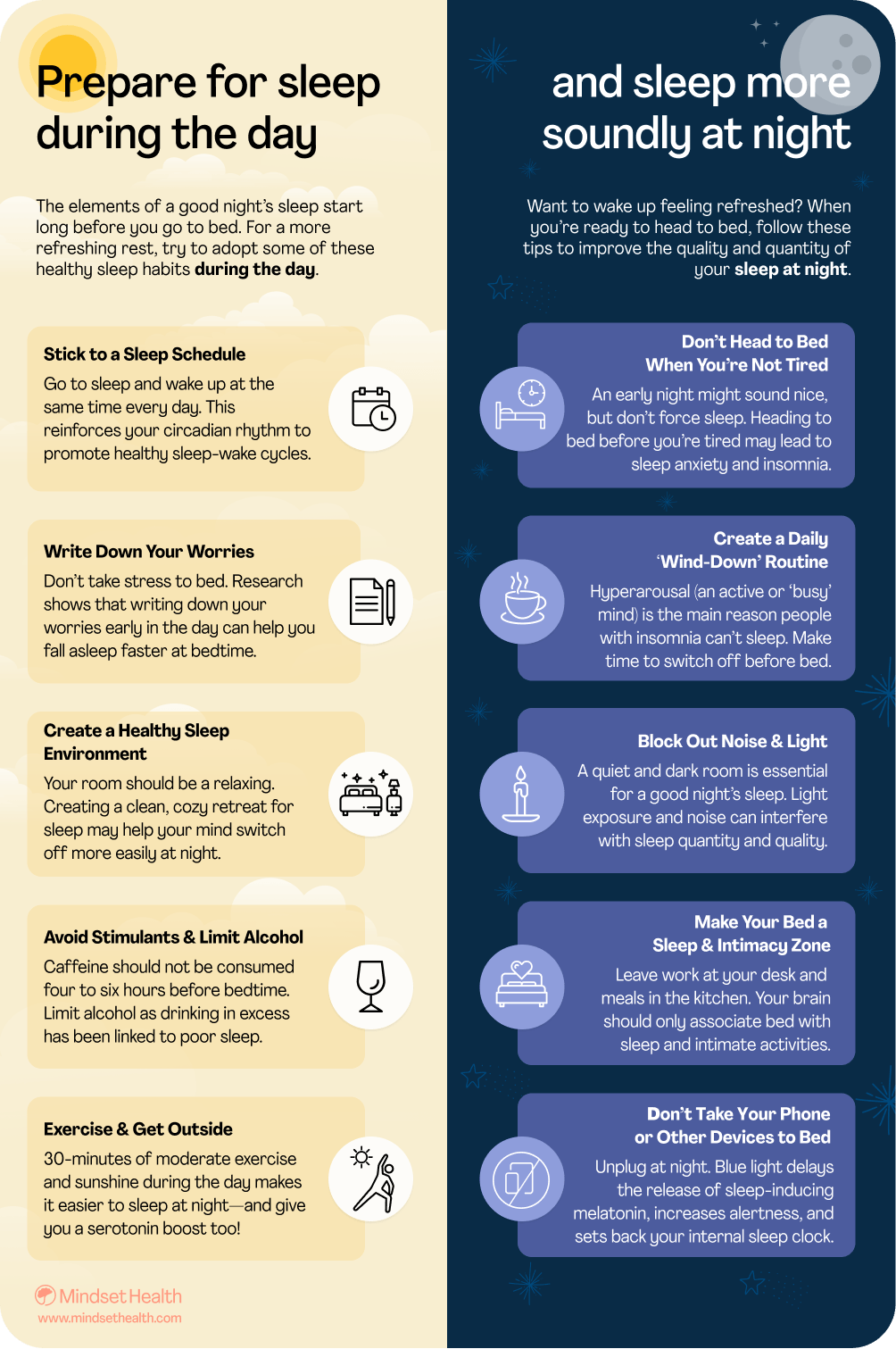

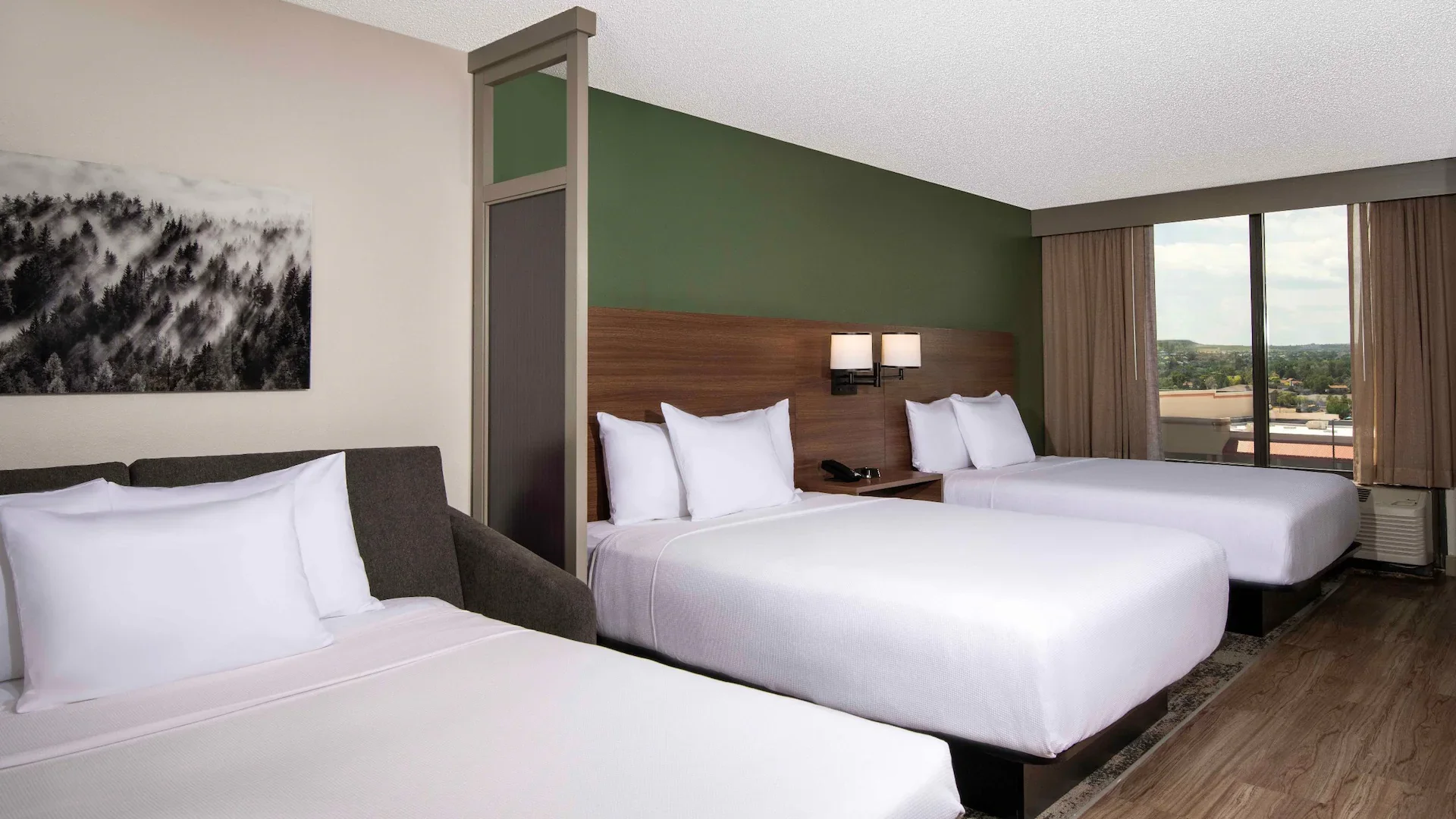

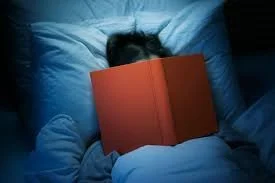

Social Pressure & Sleep Deprivation
Social life and societal expectations can have a surprisingly big impact on sleep. Many people sacrifice rest to meet work deadlines, attend social events, or stay connected online, often without realizing the toll it takes. Research from the Centers for Disease Control and Prevention (CDC) shows that about one-third of adults in the U.S. regularly get less than seven hours of sleep per night, a problem that is often compounded by social obligations and the pressure to “do it all.” Staying up late to fit in activities or catch up on work may feel productive, but it often leads to chronic sleep deprivation over time.
Social media, in particular, has created a culture where being constantly “online” can interfere with rest. Studies published in Sleep Health found that heavy social media use in the evening is associated with shorter sleep duration and lower sleep quality, partly due to blue light exposure and partly because scrolling can delay bedtime. Teens and young adults are especially affected, as peer pressure to stay connected or respond immediately can keep them awake longer than their bodies need. Over time, this chronic sleep loss can affect mood, concentration, and even long-term health.
The consequences of social pressure and sleep deprivation are more than just feeling tired. Sleep-deprived individuals are at higher risk for anxiety, depression, and impaired cognitive performance, according to research from the National Institutes of Health. The key to combating this is setting boundaries—prioritizing sleep as essential rather than optional. Simple steps like limiting phone use before bed, creating a consistent bedtime, and communicating healthy limits with friends or colleagues can help protect sleep without sacrificing social connection. By recognizing the role of social pressure, people can make choices that support both their relationships and their rest.